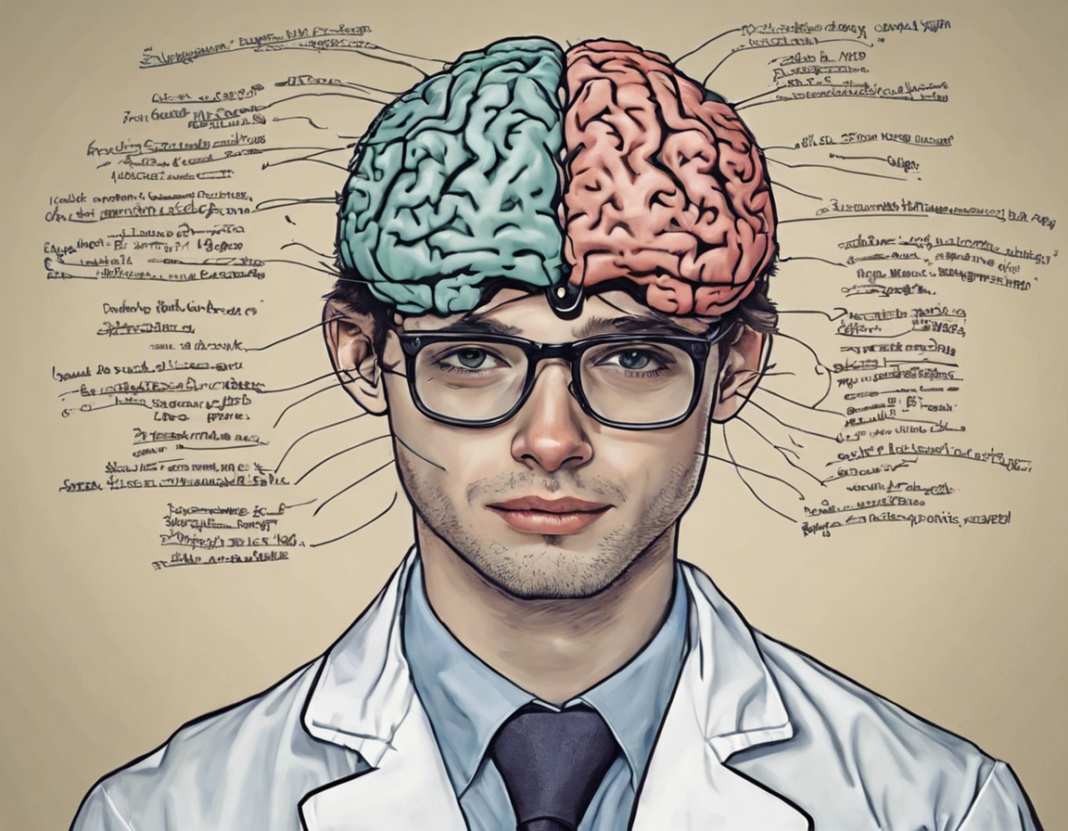Introduction:
In a heartbreaking turn of events, a promising medical student’s dreams were shattered when a tragic accident left her brain dead. The incident serves as a stark reminder of the fragility of life and the devastating consequences that can arise from unforeseen circumstances. This article aims to delve into the details of the story, shed light on the implications of brain injuries, and explore the importance of protecting one’s mental well-being.
The Story: A Promising Future Cut Short
The victim, a dedicated and driven individual with aspirations of becoming a doctor, was known for her unwavering determination and passion for helping others. However, her bright future took a dark turn when she was involved in a severe accident that resulted in a traumatic brain injury. Despite the efforts of medical professionals to save her, the damage to her brain was irreparable, ultimately leading to a devastating outcome.
Understanding Brain Injuries: Types and Implications
Brain injuries can have varying degrees of severity, ranging from mild concussions to severe traumatic brain injuries. Depending on the extent of the damage, these injuries can result in a wide range of cognitive, physical, and emotional impairments. In cases of severe brain injuries, such as the one suffered by the aspiring doctor, the consequences can be irreversible and life-altering. It is crucial to recognize the signs and symptoms of a brain injury and seek immediate medical attention in the event of an accident or head trauma.
Protecting Your Mental Well-Being: Prioritizing Brain Health
The tragic story of the aspiring doctor serves as a poignant reminder of the importance of protecting and preserving one’s mental well-being. Mental health is an integral part of overall well-being, and it is essential to take proactive steps to maintain brain health. This includes engaging in healthy habits such as regular exercise, adequate sleep, proper nutrition, and stress management techniques. Additionally, wearing appropriate protective gear during activities that pose a risk of head injury can help mitigate the chances of sustaining a brain injury.
The Impact of Traumatic Brain Injuries: A Life-Altering Consequence
Traumatic brain injuries can have profound implications on an individual’s quality of life, affecting their ability to perform daily tasks, engage in meaningful activities, and pursue their goals and aspirations. In the case of the aspiring doctor, the irreversible damage to her brain not only robbed her of the opportunity to fulfill her dreams but also had a profound impact on her loved ones and the community at large. The ripple effects of brain injuries are far-reaching and highlight the urgent need for greater awareness and prevention strategies.
Conclusion
The tragic story of the aspiring doctor serves as a sobering reminder of the fragility of life and the devastating consequences of brain injuries. It underscores the importance of prioritizing brain health and taking proactive steps to protect oneself from potential harm. By raising awareness about the implications of brain injuries and advocating for precautionary measures, we can work towards creating a safer and healthier environment for all individuals.
FAQs:
- What are the common causes of traumatic brain injuries?
-
Traumatic brain injuries can result from various causes, including falls, car accidents, sports injuries, and violence.
-
What are the signs and symptoms of a brain injury?
-
Signs of a brain injury may include headaches, nausea, dizziness, confusion, memory loss, and mood changes.
-
How are traumatic brain injuries diagnosed?
-
Diagnosing a traumatic brain injury typically involves a physical examination, neurological assessment, and imaging studies such as a CT scan or MRI.
-
What are the long-term effects of severe brain injuries?
-
Severe brain injuries can lead to permanent disabilities, including cognitive impairments, motor deficits, and emotional disturbances.
-
Can traumatic brain injuries be prevented?
-
Traumatic brain injuries can be prevented by wearing protective gear, following safety guidelines, and avoiding risky behaviors.
-
What is the prognosis for individuals with severe brain injuries?
-
The prognosis for individuals with severe brain injuries varies depending on the extent of the damage, with some facing long-term disabilities and challenges.
-
How can friends and family support someone with a brain injury?
-
Friends and family can provide emotional support, assist with daily tasks, and encourage rehabilitation for individuals recovering from a brain injury.
-
Are there any advancements in the treatment of traumatic brain injuries?
-
Ongoing research is focused on innovative treatments such as neurostimulation, stem cell therapy, and rehabilitation techniques to improve outcomes for individuals with brain injuries.
-
What resources are available for individuals affected by brain injuries?
-
There are various support groups, counseling services, and rehabilitation programs designed to assist individuals and families coping with the challenges of brain injuries.
-
How can communities raise awareness about brain injuries and promote prevention strategies?
- Communities can raise awareness about brain injuries through educational campaigns, safety initiatives, and advocacy efforts aimed at promoting brain health and injury prevention.









